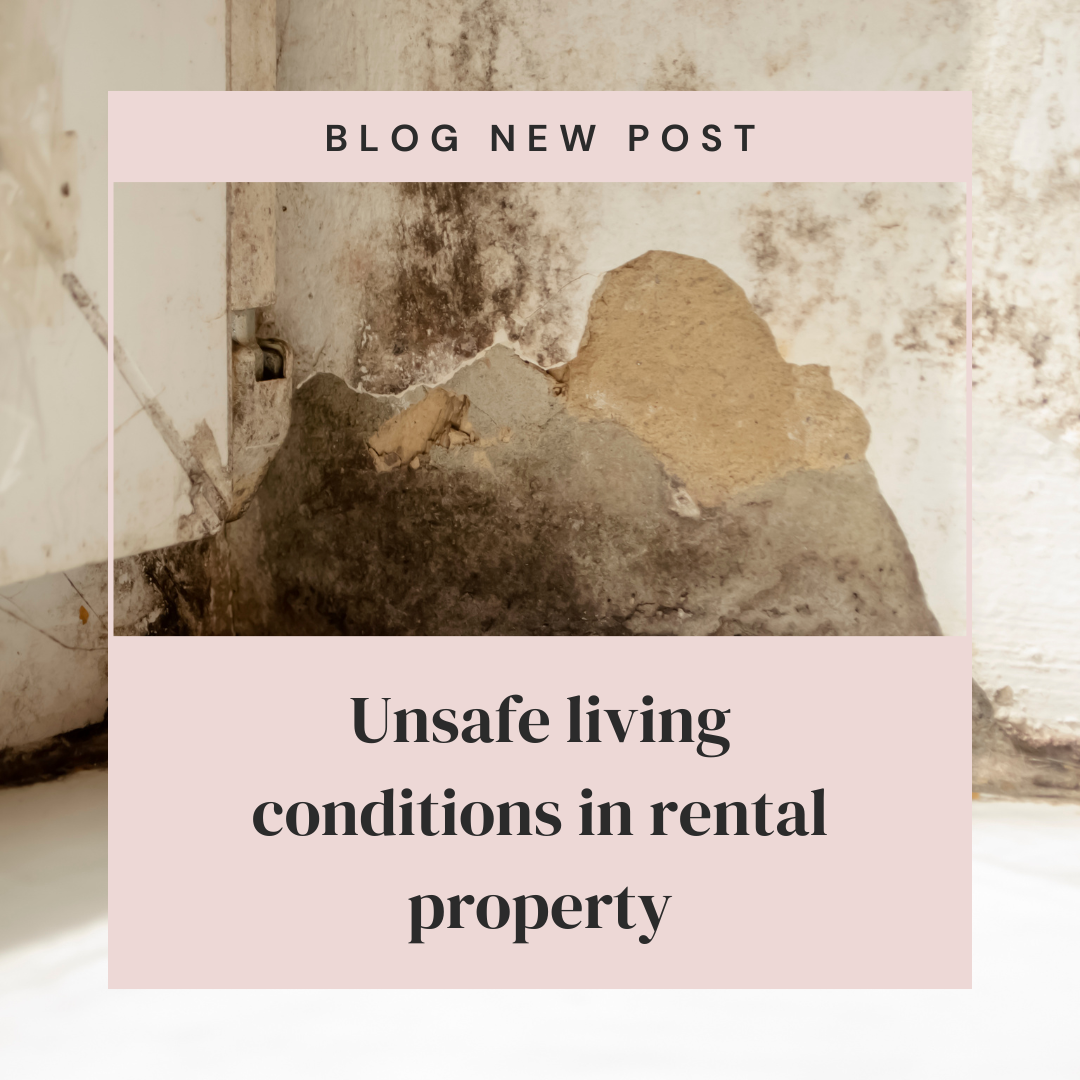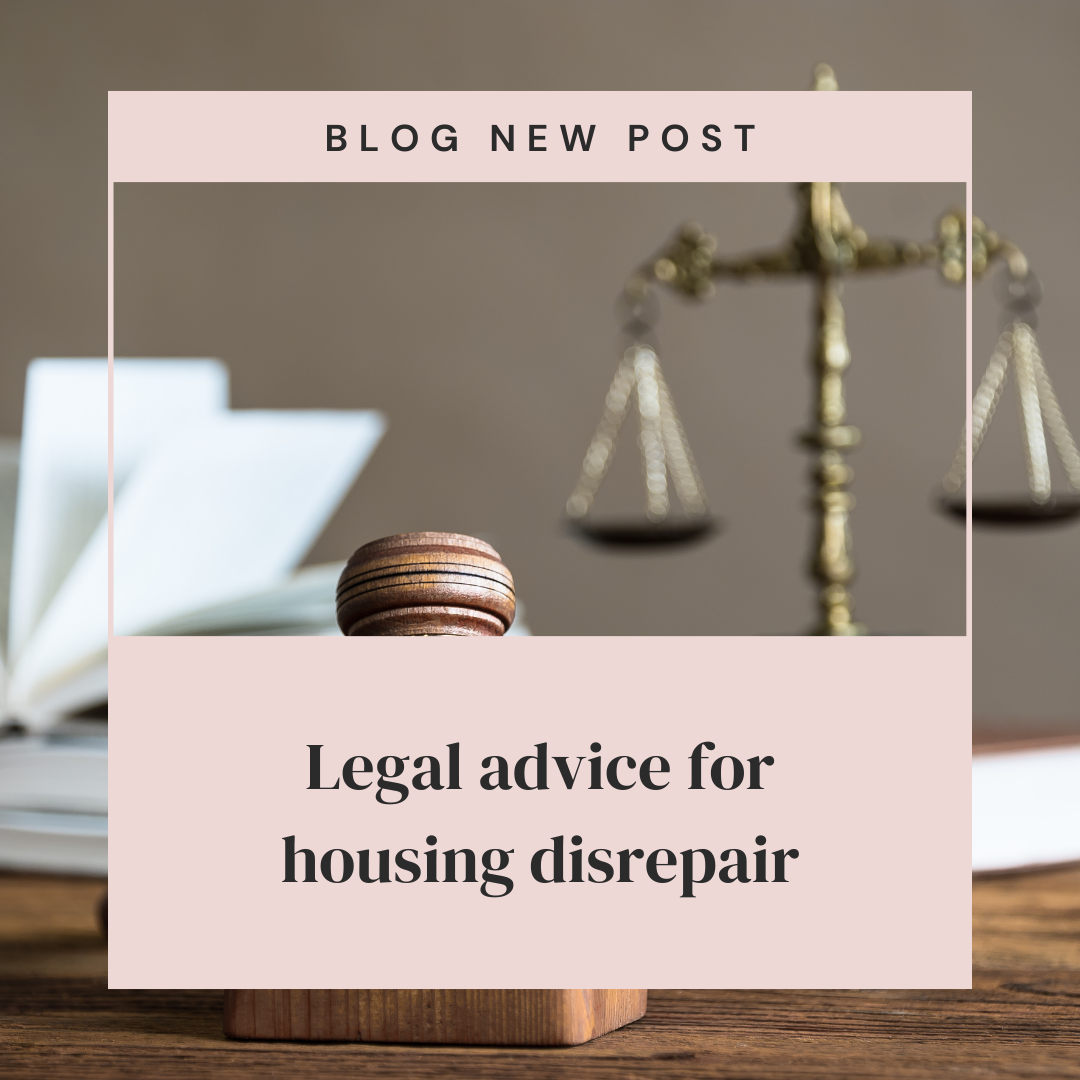Unsafe living conditions in rental property
Unsafe living conditions in rental property: Are you living in a rental property in England or Wales facing unsafe living conditions? Your safety and well-being should never be compromised. Understanding your rights as a tenant and taking action against unsafe conditions is crucial. In this guide, we’ll explore how making a housing disrepair claim can help you address and rectify unsafe living conditions effectively.
- Recognizing Unsafe Living Conditions: Unsafe living conditions can manifest in various forms, including electrical hazards, structural defects, fire risks, gas leaks, and inadequate security measures. These issues not only pose immediate risks but also jeopardize your long-term health and safety.
- Know Your Rights: As a tenant, you have the right to live in a property that meets certain safety standards. Landlords in England and Wales are legally obligated to ensure that rental properties are safe and habitable. Understanding your rights empowers you to take action when faced with unsafe living conditions.
- Identifying Hazardous Situations: If you notice any signs of unsafe conditions in your rental property, such as exposed wiring, broken locks, or structural damage, it’s essential to take prompt action. Document the hazards and notify your landlord or housing authority immediately.
- Communication with Your Landlord: Informing your landlord of the unsafe conditions is the first step towards resolution. Clearly outline the hazards in writing, including photographs or videos as evidence. Request that the necessary repairs be carried out promptly to mitigate the risks.
- Seeking Professional Assessment: In some cases, it may be necessary to obtain a professional assessment of the unsafe conditions. Qualified inspectors or engineers can evaluate the severity of the hazards and provide expert recommendations for remediation.
- Making a Housing Disrepair Claim: If your landlord fails to address the unsafe conditions despite your efforts to communicate and document the issues, you have the right to make a housing disrepair claim. This legal recourse allows you to seek compensation for any harm or inconvenience caused by the hazards and compel your landlord to make the necessary repairs.
- Legal Assistance: Navigating the process of making a housing disrepair claim can be complex, so it’s advisable to seek legal assistance from a solicitor specializing in housing law. They can provide expert guidance and support, ensuring your claim is handled effectively.
- Prioritizing Your Safety: Your safety should always be the top priority. By taking action against unsafe living conditions through a housing disrepair claim, you not only protect yourself but also hold your landlord accountable for maintaining a safe and habitable living environment.
Conclusion: Don’t tolerate unsafe living conditions in your rental property. By asserting your rights as a tenant in England or Wales and making a housing disrepair claim when necessary, you can ensure that hazards are addressed promptly and your safety is prioritized. Take action today to secure a safer living environment for yourself and your loved ones.
Important links
Housing Disrepair Advice: https://housingdisrepairadvice.org/contact
Housing Ombudsman: https://www.housing-ombudsman.org.uk/




